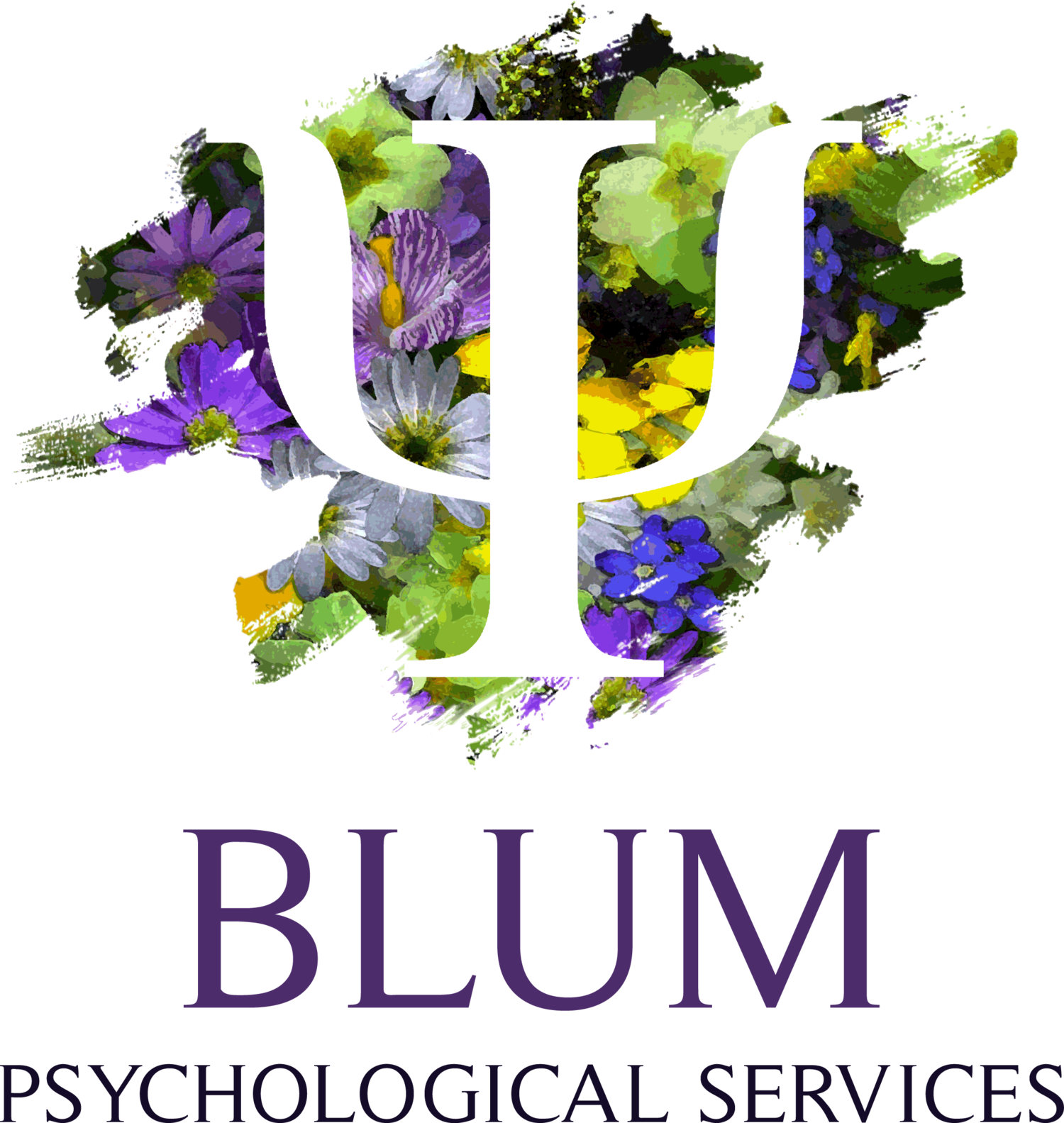Experiential Therapy
Experiential Therapy is a form of therapy that involves immersing yourself in a certain experience to help you work through psychological issues. Unlike traditional talk therapy, which primarily relies on conversation, experiential therapy incorporates action-oriented techniques such as role-playing.
Schema Therapy
Counseling
Schema Therapy is a type of talk therapy that focuses on schemas—frameworks people use to make sense of themselves and their surroundings. These schemas can be unhealthy or unrealistic, leading to emotional distress and maladaptive behaviors. Schema Therapy aims to create a healthier mindset by challenging negative patterns and fostering more adaptive ways of thinking and behaving
Cognitive Behavioural Therapy
Cognitive Behavioural Therapy, or CBT, is a second-wave approach to psychotherapy (following after pure behavioural approaches). It is based on the understanding that there is a close relationship between thoughts, emotions, and behaviours; if you change the way that you think, you can change how you feel and act. A cognitive behavioural therapist will help you uncover and challenge unhelpful thoughts, some happening so quickly and automatically that you might not even be consciously aware of them and how they negatively affect you day-to-day. With CBT, the main focus will be on your present issues or goals, and you will often be asked to try different “experiments” during the week(s) between your therapy sessions. With years research backing up its effectiveness, CBT is particularly well suited for tackling depression and anxiety.
Counseling is a process that occurs when a client and a Clinical Social Worker set aside time to explore difficulties, usually with a mental health focus. These difficulties may include stressful or emotional feelings, or challenging life situations experienced by the client. The act of counseling involves helping the client see things more clearly, possibly from a different viewpoint.
